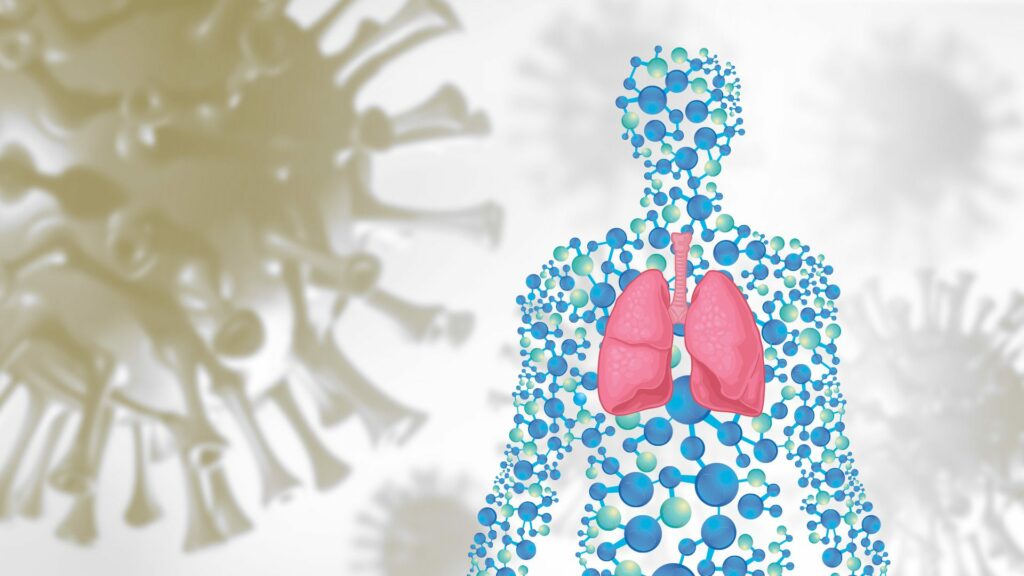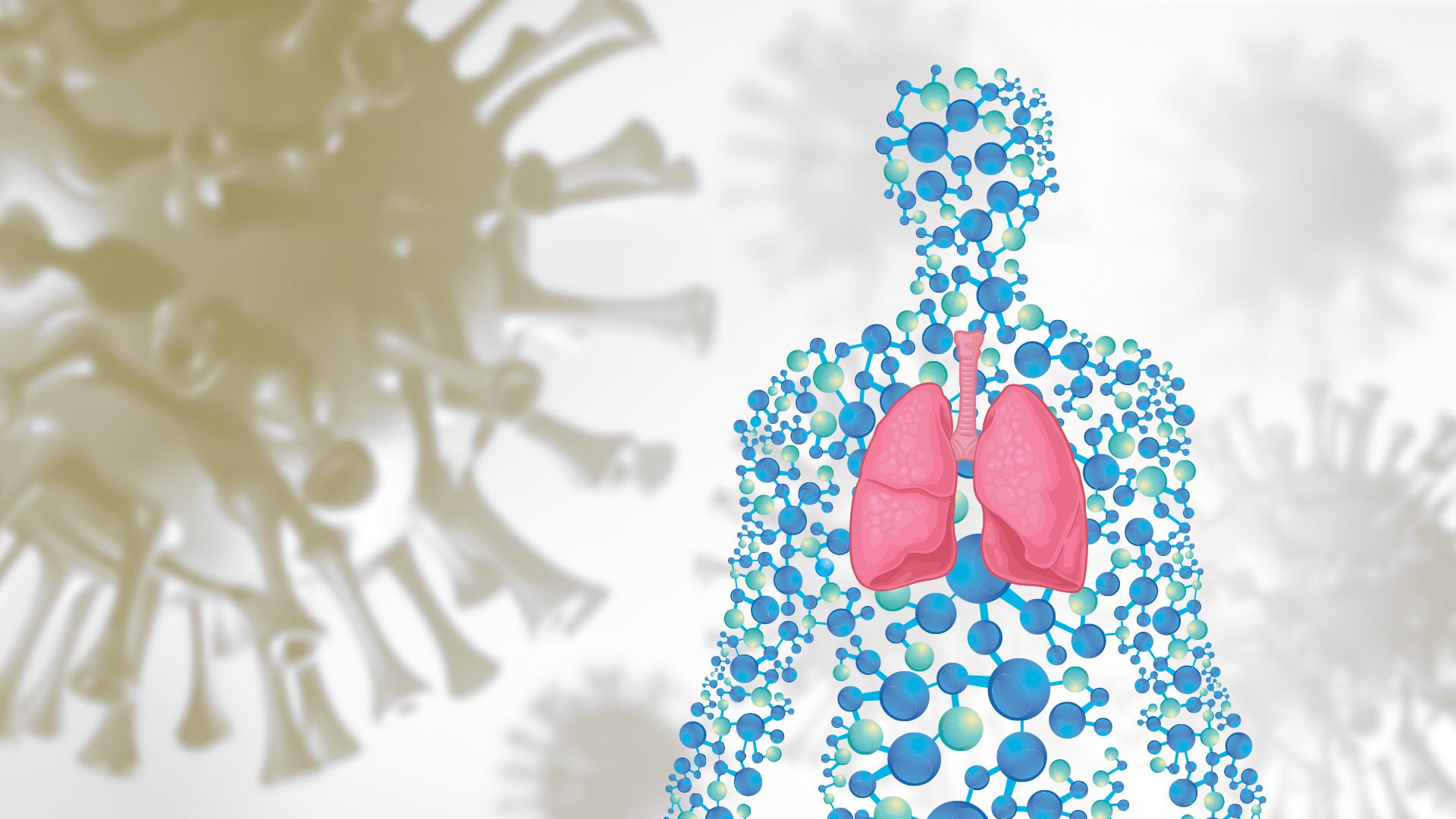
SRI International has been awarded a contract under the Intelligence Advanced Research Projects Activity (IARPA) to evaluate whether a novel, prototype technology has the potential to detect COVID-19 and other infectious diseases through exhaled human breath. The rapid, noninvasive technology is designed to provide widespread disease screening in places such as malls, airports, stadiums, emergency rooms and battlefields.
Under IARPA’s MAEGLIN program, SRI engineers previously developed a low-SWaP (size, weight and power) system that provides trace-chemical detection of hydrocarbons known as volatile organic compounds (VOCs). The miniaturized, fully-integrated MAEGLIN gas chromatograph-mass spectrometer (GC-MS) preconcentrates, separates and analyzes VOCs which are present in ambient air and can provide information about air composition for a variety of applications, including environmental monitoring, public security and safety, and industrial process monitoring, among others.
In the current 12-month seedling project, titled Chip-scale Mass Spectrometry for Widespread COVID Screening (CLARION), SRI will adapt and optimize the MAEGLIN system to analyze exhaled human breath for VOCs that can help distinguish COVID-19-positive subjects from healthy subjects. Although conventional GC-MS systems have demonstrated sufficient sensitivity and accuracy to identify components of complex human breath, acceptance of this approach in the medical community has been limited due to lack of standardized breath sampling protocols and the fact that conventional GC-MS systems are bulky, costly and complex-to-operate.
By virtue of its rugged, low-power design, embedded breath-collector stage and VOC identification and estimation algorithm, CLARION is expected to overcome these limitations and transition laboratory-scale GC-MS analytical capability to a fully automated, low-cost, shoebox-sized point-of-care diagnostic.
SRI will partner with Johns Hopkins University to collect a controlled set of human breath specimens with known COVID-19 infections and evaluate the VOC components in the samples to distinguish COVID-19 asymptomatic subjects from healthy subjects. By replacing ambient air with human breath as the sample of interest, the MAEGLIN technology can be readily adapted to detect, identify and estimate concentration of VOCs present in exhaled human breath. Exhaled breath provides easy access to metabolites secreted by the human body, which have been shown to be key biomarkers for early stages of numerous diseases and infections.
“The past 14 months have demonstrated the critical medical and economic need for rapid, accurate and reliable point-of-care infectious disease screening tools,” said Ashish Chaudhary (PhD), principal investigator of CLARION and the director of SRI’s CBRNE (Chemical, Biological, Radiological, Nuclear and Explosives) Systems Laboratory. “This project provides a tremendous opportunity to further assess whether our chip-scale mass spectrometry technology can help address this need, starting with COVID-19 and potentially to screen for many other human diseases. We are grateful to IARPA for their support.”
In the initial project phase, the CLARION team will determine the sensing requirements for VOC biomarkers relevant to COVID-19 and similar respiratory diseases. In a subsequent phase, SRI will adapt and optimize the MAEGLIN prototype for sampling and analyzing human breath specimens, including COVID-19-positive human breath.



